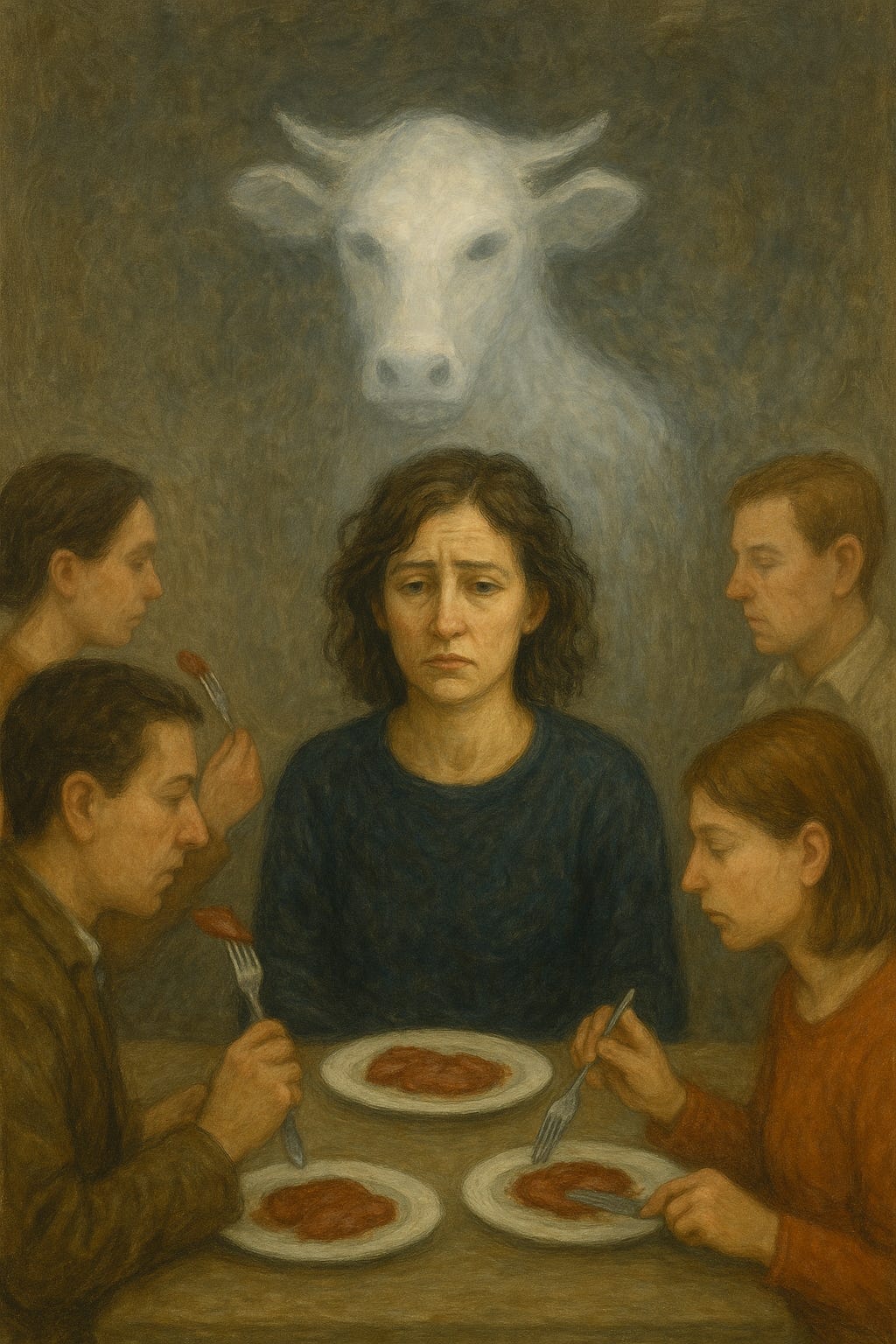I want to share an idea to invite feedback.
So far, I have only considered it for a few hours.
I'm pitching to create a casino where one can only play with money from their Donor Advised Fund.
The primary motivation is that the casino's profits would be donated to effective charities instead of their default non-EA destinations.
As a second benefit, I hope that it could incentivize people to donate more by allowing them to channel their love of gambling (euphemism for addiction :D) to a good cause.
Some supporting arguments
- Daffy, a modern, cheap, and convenient DAF provider, has an API. It should be possible to let people gamble using their Daffy account funds, so there is no need to solve this whole messy part of the equation (after the gambling session, the balance would be settled between the user-owned DAF and the DAF of the house)
- There are countless online casino software providers, so there is no need to develop much on that side as well
- Unlike regular casinos, our's would be able to operate in all states (because legally it's not gambling)
- User deposits would be tax deductible
- Upwards of 90% of wealthy Americans donate to charity, and about 60% of Americans gamble at least once a year so maybe the user base for this charity is substantial
- The online gambling market in the US is enormous (on the order of 20bn of revenue per year) and is growing.
- Daffy had over ~130M USD of user's funds at the end of 2023 (up from 30M in 2022), so they may have substantially more by now
One way to market this charity is: If you don't have enough money to solve some charitable problem close to your heart, try spinning it up in Roulette/Black Jack/etc. Some people would succeed and brag about it. - Unlike regular casinos, there are no moral qualms about it, in my opinion: every player parts with their money at the outset, and there is no way to "win it back," so I expect no one will lose irresponsible amounts. Furthermore, there is no actual loss - all money ends up in charities anyway
- This would allow people to brag about their charitable contributions in disguise by talking about them as gambling instead. Letting people earn some status points without feeling obnoxious is important: charity auctions are one way to do this. A charity casino could be, too.
This casino could be a platform to teach people about the concept of effective giving
Arguments against:
- Some charities could refuse to accept donations from the casino's proceeds since they would perceive it as somehow harmful to their reputation
I was both a professional gambler and somewhat of a gambling addict, and I think that a more significant part of a thrill comes from account balance fluctuations and the screen blinking in just the right way. The promise of being able to win money for your local school (or wherever most people donate) could provide a comparable thrill
- The vibes of gambling and charitable institutions are very different. Maybe it will be problematic to combine the two worlds, e.g., hard to find a working marketing angle
- Traditional media might misrepresent or criticize the concept (and EA)
- Could damage the credibility of the EA movement if perceived negatively
It sounds a little edgy, but should it be a stopper? I believe not. I kind of enjoy a contrarian stance—it could be good for marketing.
I would appreciate any feedback on the idea, and please reach out if you are thrilled to make it happen.




TBH, this idea got me thinking. A while back, a friend got really into https://rizzy.com/ — not in a reckless way, but he loved the thrill. He told me it helped him unwind after work. If there had been a way for that money to go toward a good cause instead of just disappearing into some company's pockets, he would've jumped on it.